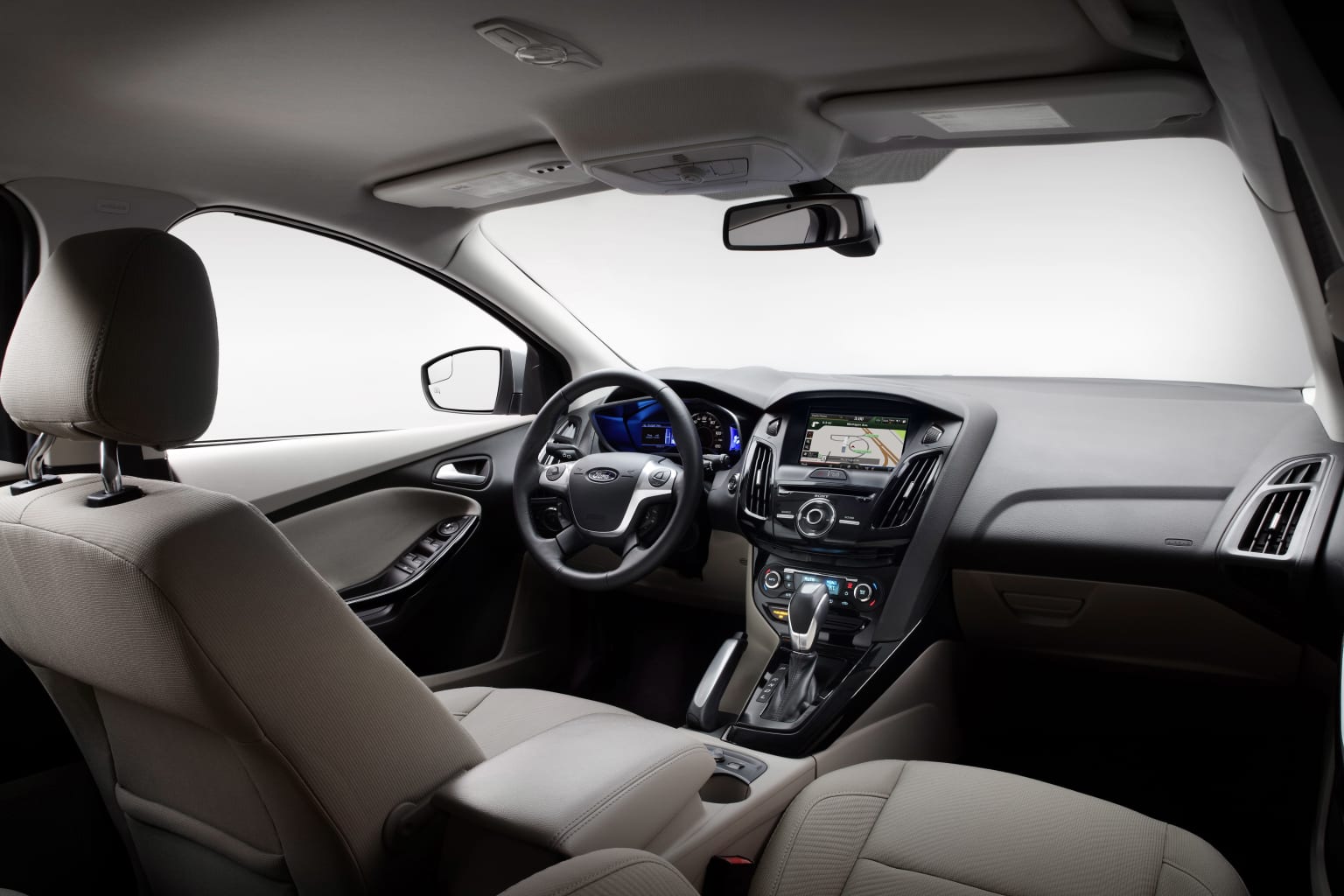
How to Get the Most Money Back for Your Used Car
If you’re thinking about getting a new car, you should also be considering trading in your current vehicle. While that’s usually a great way of getting an additional return on your investment, all of our customers want to make sure that they maximize the value they receive when trading in their car or truck..
We’ve organized a short list of tips that will help increase the value of your used vehicle and ensure that you walk away with maximum value. Here’s a few pointers that will help:
Keep it clean
This might sound obvious, but it’s really important to take great care of your car right off the bat. This includes cleaning the car inside and out, washing and vacuuming regularly, using air fresheners, and having the paint retouched if necessary.
Cleaning the car regularly will guarantee an overall better appearance, and give off a great first impression when bringing it into a dealership. If you are a smoker, avoid smoking inside of the car, even if you have all your windows down. The smell is almost impossible to remove, making your car less appealing to potential buyers (and the dealership).
If you want to go an extra mile, consider having your vehicle detailed. You might have to spend an additional $50, but a deep clean may add a few hundred dollars to your trade-in value.
Take extra care of it
Taking a car on rough roads (or even driving at fast speeds) will eventually take a toll and wear out the car’s mechanical elements. This is also true for manufacturers that advertise their vehicles as “well-engineered.”
Frankly put – there’s no way around the wear and tear, but with some extra care you can maximize your vehicle’s longevity, while maintaining a higher trade-in value.
Pay attention to the roads you’re on and try to refrain from driving while tired or angry, as those states of mind often result in careless driving. Avoid driving through potholes whenever possible, and never cross speed bumps at full speeds.
It goes without saying, but physical damage (no matter how minor) will take away from the car’s trade-in value. If there are any evident nicks or dents, have them repaired before taking the car to the dealership.
Be good to your vehicle: Follow through with routine check-ups, save the service records.
Again, this may sound like common sense, but we see a lot of customers that fail to take care of their vehicle with routine maintenance and service. And, those that do complete service work don’t normally save a copy of the service records. A complete list of service records will allow any of our managers to gain a complete understanding of your vehicle’s history and provide them the proof that your vehicle deserves top dollar. If you don’t have these records, it is simply your word against theirs.
Getting in the habit of regular car maintenance is also a great idea*. Regular check-ups will help catch any new issues with your vehicle as they occur, which – in the long run, will increase the longevity of your car and improve its driving quality.
*When purchasing your next vehicle, ask the finance manager about extended service contracts. Especially if you are purchasing a previously owned vehicle, a service contract can really help protect you against unforeseen mechanical problems. Remember, that once the factory warranty runs out, the organization that is tied to taking care of you is your dealership. At J.C. Lewis Ford we stand behind our products and services and are here for you when you need us, but the financial and mechanical protection that a warrant offers can make sure you don’t neglect your vehicle in the months or years after your purchase. Also, remember that if you buy an extended service contract and trade your vehicle in before the end of the contract, you are entitled to a rebate on that contract that you can use as a down-payment on your next vehicle.
Be mindful of who is working on your car.
As an extension of the point above, who works on your car is important. If you have found a dealership that you like and have become loyal to (and we hope that is J.C. Lewis Ford), it makes a lot of sense to have that vehicle serviced at the dealership where you purchased the vehicle. Why? Because one day you may want to trade that vehicle in on a new one, and instead of having to keep manual records of all of your service and maintenance, your dealership will have them and it will help increase the value of your trade-in.
Do Your Research..
It’s important to know the approximate value of your car before taking it to the dealership, so make sure to do some research. Don’t be discouraged when your quote is lower than the car’s residual value, because it most often will be.
When deciding on what dealership to visit, steering towards those of the same nameplate as your used car is normally a good idea. In other words, a Ford dealer may be able to offer you more for your Ford trade-in since they have a customer base that is looking for a Ford vehicle already. Other dealerships may have to resell your car for wholesale, which will limit the price they are willing to pay.
Lastly, understand the demand for the car you are trading. Several websites out there that list used cars like cargurus.com can show you how many similar vehicles are available in the market. Simple supply and demand will dictate a large variable in the trade-in value of your car or truck. If there is a 50 day supply of your vehicles like yours out there, values will probably be depressed. If there are only a handful of similar vehicles in the market, your trade-in value will be consequently higher.